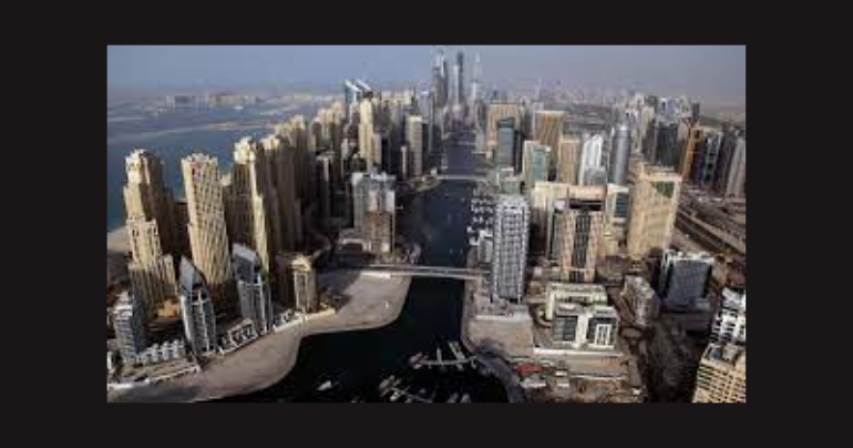UAE Realty Thrives Post-FATF Delisting

The recent removal of the UAE from the Financial Action Task Force (FATF) grey list marks a significant milestone with far-reaching implications, particularly for the real estate sector. According to property consultants and realty experts, this decision is poised to unleash a surge in capital inflows, especially from high net worth individuals (HNWIs), facilitating a seamless flow of funds into the country.
With the easing of restrictions and enhanced transparency, the UAE is set to attract substantial investments from HNWIs, thereby bolstering the real estate market. Already in 2024, the sector has witnessed a robust start, with property sales soaring by 17% year-on-year in January. Experts are optimistic about the sector's outlook, citing various factors contributing to its resilience and growth potential.
Samer Chehab, Founder & CEO of PropertyGuru.ae, highlights the significant impact of HNWIs on the domestic real estate landscape. In 2023 alone, property sales in the $10 million+ range doubled, amounting to over $7.6 billion worth of transactions in Dubai. This underscores the growing allure of the UAE as a preferred destination for global investments.
Alois Kugendran, General Manager (Real Estate) at Huspy, underscores the UAE's longstanding reputation as a global investment hub known for its stability and conducive business environment. However, concerns over governance issues, particularly related to financial crimes like money laundering, were exacerbated by its presence on the FATF grey list. The recent delisting is expected to restore confidence among HNWIs and businesses, further fueling investment inflows.
The removal of the UAE from the FATF grey list is anticipated to attract more foreign direct investment, fostering economic growth and driving demand for real estate from HNWIs. With the UAE ranking second globally in attracting HNWIs in 2023, the trend of migration and increased demand for homes is expected to continue, propelling the real estate market forward.
Looking ahead, Chehab emphasizes the robust macroeconomic environment of the UAE, with a projected GDP growth rate of 5.0% for the year. Real estate is poised to play a significant role in the non-oil contribution to the economy, with transactions in the off-plan market witnessing a notable uptick.
While Dubai remains the primary property market in the UAE, there is burgeoning demand in Abu Dhabi, fueled by a surge in off-plan sales. The UAE capital is increasingly attracting investor attention, driven by new projects and developments that offer compelling value propositions for homebuyers.
Kugendran notes that 2023 was not only a record year for the real estate sector but also demonstrated remarkable resilience amid rising prices and borrowing costs. The year 2024 has commenced on a strong footing, with a notable increase in property sales in January. While significant price hikes may not be expected compared to 2023, several factors contribute to a positive outlook for further growth, including population expansion, economic growth, and potential interest rate reductions by the US Federal Reserve.
Moreover, the recent adjustments in Golden Visa rules and the announcement of new projects by leading developers like Emaar, Sobha, and Ellington are poised to stimulate demand and activity in the real estate market. Attractive payment plans and seasonal factors may result in temporary slowdowns during Ramadan and summer, but the overall trajectory remains optimistic for the remainder of the year.
In conclusion, with the UAE poised for substantial population growth and favorable policy changes, analysts anticipate increased activity in the off-plan market and sustained growth in the real estate sector throughout 2024.
By: Sahiba Suri





Comments